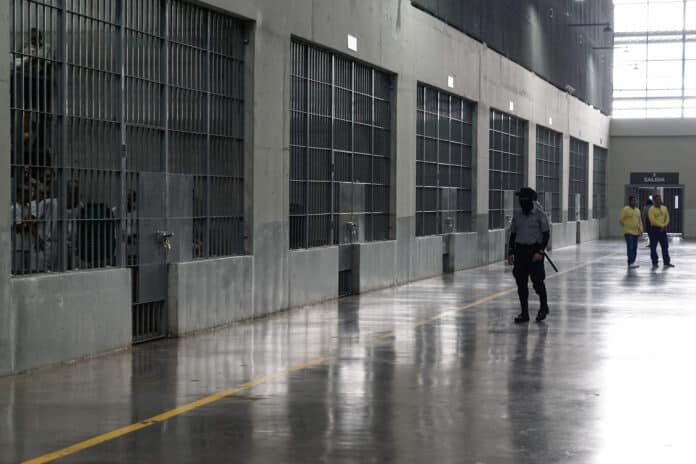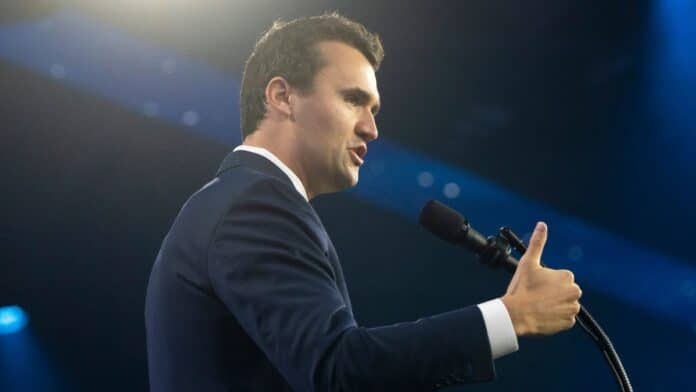A new national survey reveals that a disturbing number of college students view violence as an acceptable tool to shut down speech they oppose. Conducted by the Foundation for Individual Rights and Expression (FIRE), the 2025 College Free Speech Rankings report highlights a growing trend of hostility toward free expression on American campuses.
The survey gathered responses from more than 68,000 students across 257 colleges and universities. One in three students said it is at least “rarely acceptable” to use violence to stop a campus speech. Specifically, 2% said it is “always acceptable,” 13% said “sometimes acceptable,” and 19% said “rarely acceptable.” Only 67% stated that violence is “never acceptable” in response to speech.
The report also measured views on less aggressive but still coercive actions. More than half of students said it is at least occasionally acceptable to block others from attending a speech. Among respondents, 3% said it is “always acceptable,” 19% said “sometimes,” and 32% said “rarely.” This suggests that disruption tactics—whether physical or procedural—are gaining broader acceptance among students.
Political identity did not provide a clear divide on the use of violence. Seven percent of self-identified liberal students and eight percent of conservatives said using violence to stop speech was “always acceptable.” This suggests a bipartisan erosion of foundational American values, particularly the right to express ideas without fear of retaliation.
These findings coincide with increased campus protests, especially around controversial speakers, religious topics, and Middle East politics. The growing tolerance for intimidation and even physical confrontation has placed new pressure on university administrators to respond decisively.
FIRE, which advocates for free speech rights on campuses, has used the survey to call for stronger protections for viewpoint diversity and disciplinary actions against those who seek to suppress debate through coercion or violence. The full rankings evaluate universities on speech climate, administrative tolerance, and student attitudes.
The report warns that unless institutions recommit to free speech principles, the next generation of leaders may carry into public life a deeply flawed understanding of civil liberty and democratic engagement.











